Zucchini
GREEK ZUCCHINI: In dried form from 4G
The name “zucchini” comes from the ancient gourd (and gourmet in the Attic dialect), but from all the vegetables we call today with this name only one species existed in antiquity, the water buds. The other species, especially the common gourd (which makes our known zucchini) and the gourd or the major are New World plants. There are other varieties, but the article will be left in these three.
The water lily, the only one that existed in ancient Greece, is one of the first plants cultivated by man, not for its nutritional value, but because this ancient fruit was used as a utensil before we begin to eat it – it is also its shape making it ideal for a liquid utensil. After all, the official Latin name of the plant is Cucurbita lagenaria, which is a hatchery – and in English it is called bottle gourd. Since antiquity these pumpkins have used them for swimming aids, something that many would have taken in Greece during their childhood.
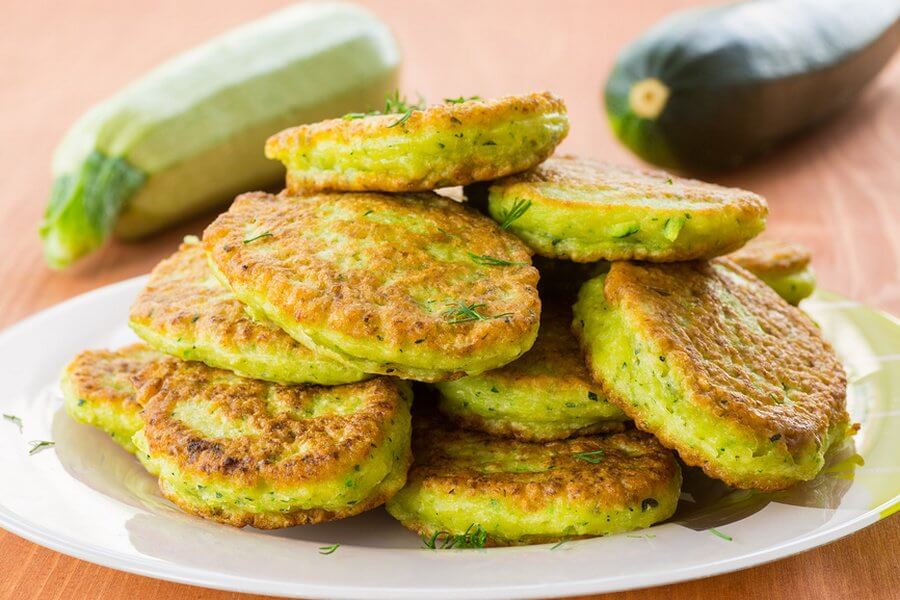
HEALTH
They are an excellent source of copper, magnesium, phosphorus, potassium and contain vitamins C, A, K, folic acid and B complex vitamins. They also contain antioxidant ingredients such as b-carotene. Besides their high content of known antioxidant ingredients, they also contain a variety of unusual antioxidant ingredients, including carotenoid, lutein and zeoxanthin.
The consumption of zucchini also enhances the intake of manganese, a basic metal. Like vitamin C, manganese protects tissues from harmful free radicals. It supports the function of glycosyltransferases, a family of proteins that promote the healthy growth of bone tissue (bone tissue). Manganese also helps the body produce collagen necessary for the effective healing of wounds. Each cup of chopped zucchinis boasts 0.22 mg of manganese, which means that it provides 12% and 10% of the recommended daily intake for women and men respectively.
Vegetable fibers in the pumpkin also help maintain low cholesterol. The fibers adhere to the bile acids, secreted by the liver through the digestion process, thus “blocking” the acids to “do” their job properly, prompting the liver to produce even more and thus contribute to the fall of cholesterol levels.
DRYING – DEHYDRATION
4G is a pioneer and with production standards fully compliant with the International Standard ISO22000, ensures the excellent quality of the raw materials. Regular laboratory tests of finished products ensure the production of a range of perfectly healthy products. We faithfully serve the Mediterranean Diet standards while maintaining their absolute naturalness without the addition of chemicals or preservatives.
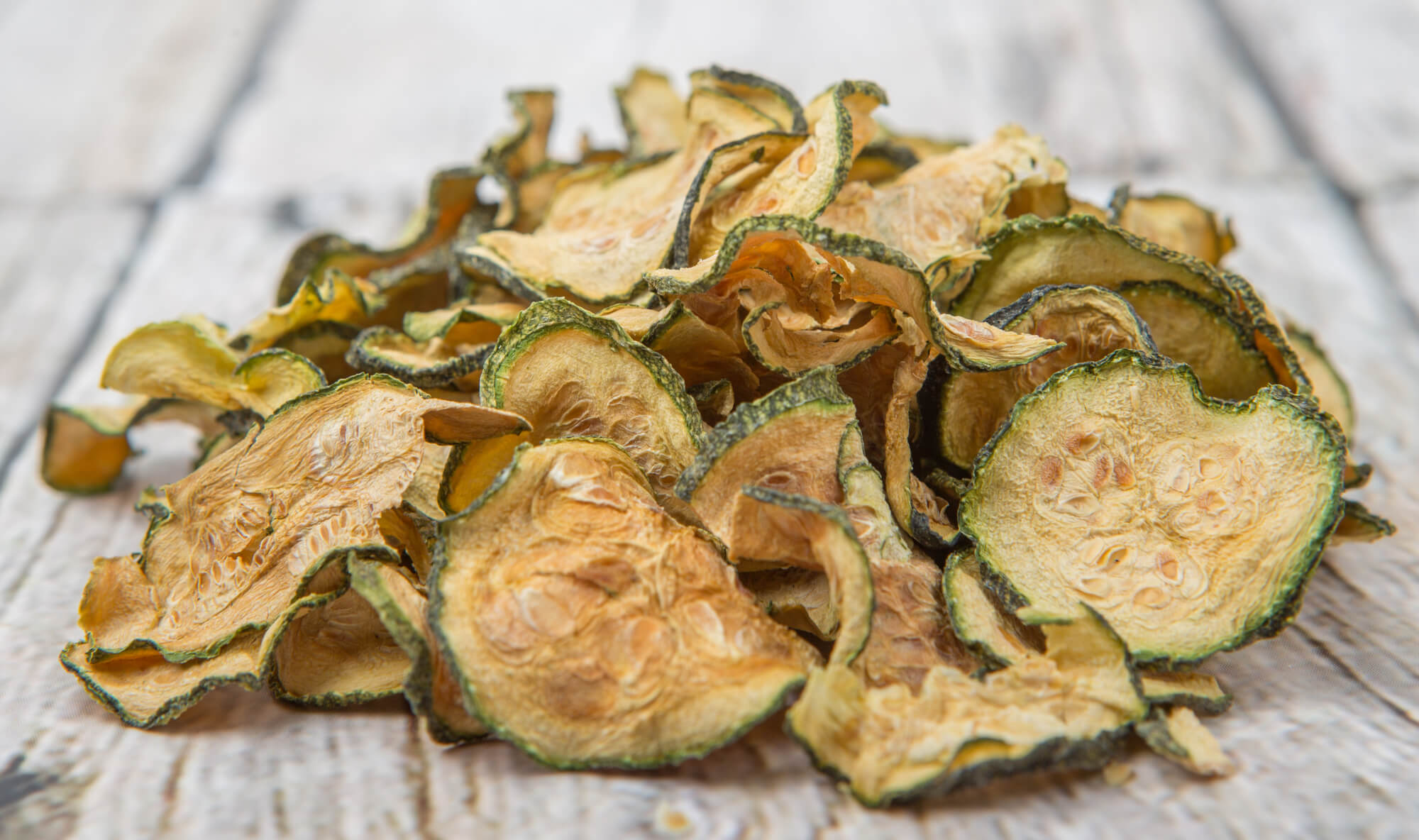
ADVANTAGES
Now you have all Greek nature available, 12 months of a year in your kitchen. 100% of nutrients and vitamins. Healthy, Cleverly, Practically. Ideal choice for the consumer and the professional. 0% Coloring, Preservatives & Additional Sugars.
NUTRITIONAL VALUE DRIED ZUCCHINI
They are an excellent source of copper, magnesium, phosphorus, potassium, and contain vitamins C, A, K, folic acid and B complex vitamins. They also contain anti-oxidants such as b-carotene. Besides their high content of known antioxidant ingredients, they also contain a variety of unusual antioxidant ingredients, including carotenoids, lutein and zeoxanthine.
INSTRUCTIONS FOR USE
Dried zucchinis in the form of slices are a good alternative to use in our food. We can have them in our kitchen’s cabinet and use them at any time. It is not necessary to hydrate if we boil them. It finds application in soups, pancake and fried pumpkin balls. It has rich flavor, color and aroma.
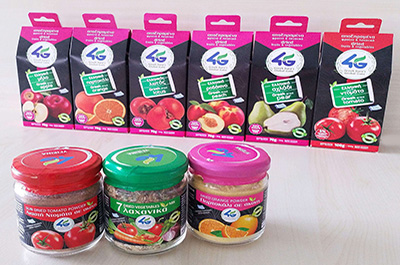
E-SHOP
Visit our online shop and check our variety of products
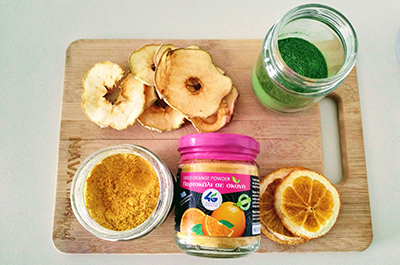
RECIPES
Read delicious recipes with dried products
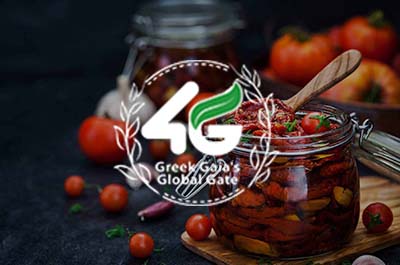
CONTACT
Don't hesitate to contact us for any question
